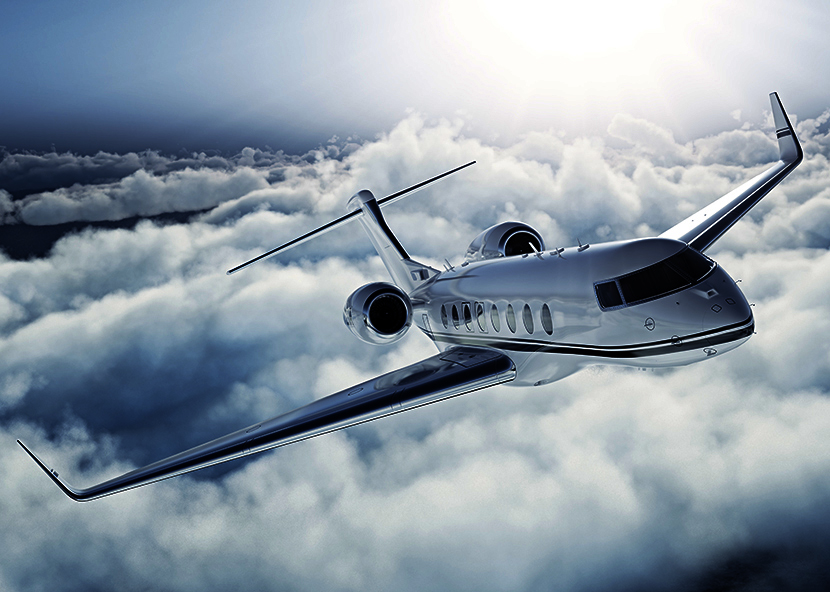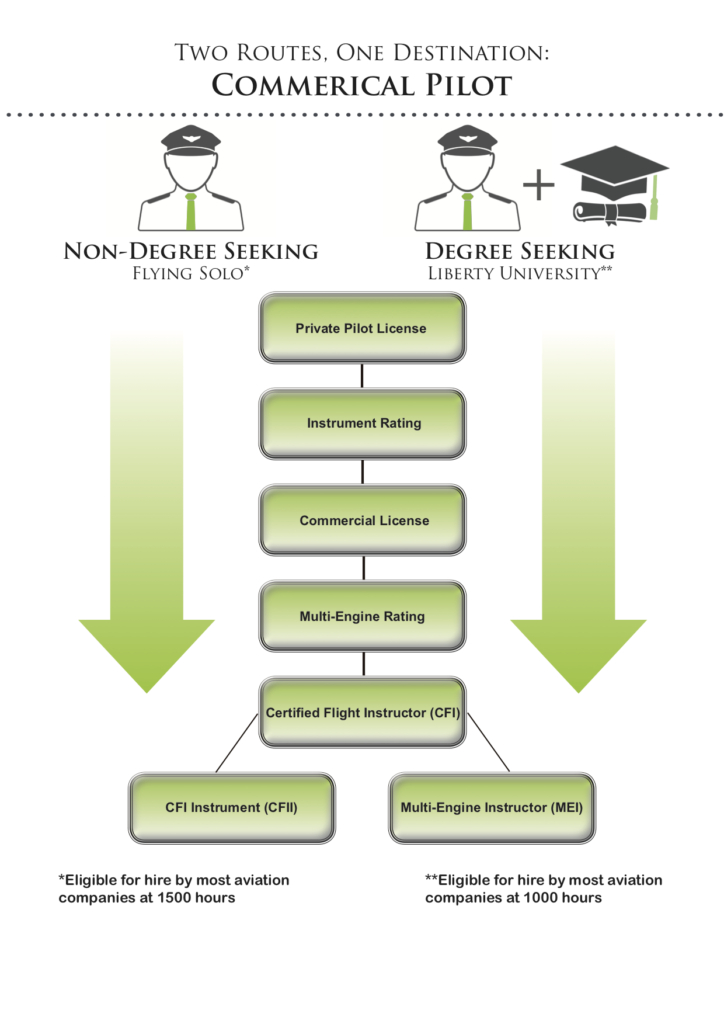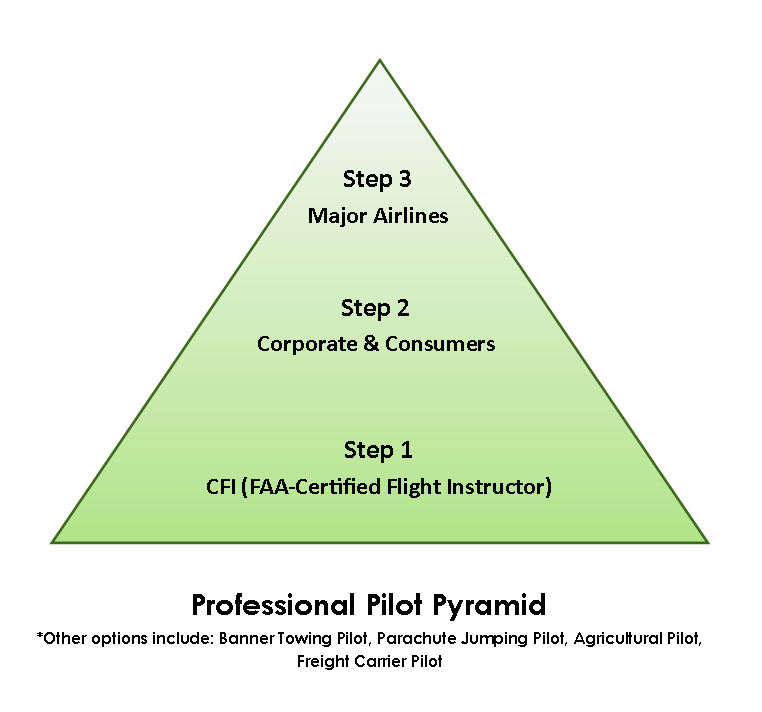
Demand for professional pilots is growing and there are ample opportunities for those with the right training. If you’re interested in a flying career, Cirrus Aviation offers aviation degree and non-degree curriculums, and has options that fit the unique needs of high school and international students, military veterans, and even post high school people looking for a career change. Cirrus Aviation also has relationships with numerous airlines.
The Airline Pilot Training Path
With Cirrus Aviation’s accelerated training program, you can go from novice to flight instructor in just a few months. The standard (and recommended) training order in the Career Pilot Program begins with the Private Pilot License, and then proceeds through the licenses and ratings as depicted below. Typical completion time for primary and advanced training ranges from 5 months in the accelerated program, to 18 months if you fly and study part-time. Individual performance may vary based on personal diligence, aptitude, and the type aircraft you choose for your training.

What to Expect After You Complete Flight Training
When you graduate from our Career Pilot Program, you become a commercial pilot with multiengine and instrument ratings (CPL with MEL and IFR). That means you can get paid to fly pretty much any aircraft you are qualified in.
About half of our graduates decide to further their career by becoming flight instructors. To reach that goal, the FAA requires applicants to have a Certified Flight Instructor (CFI), Certified Flight Instructor Instrument (CFII), or Multiengine Instructor certificate (MEI). The CFI allows you to teach the Private (PPL), Commercial (CPL) and Airline Transport License (ATP) as well as other instructors (CFIs). The CFII allows you to teach Instrument (IFR) and the MEI allows you to teach multi engine (MEL) students.
While many of our graduates choose this option, it is very much aimed at the American domestic flight industry. The US airlines have very high requirements for flight experience, usually around 1200 hours, and you will normally have accumulated about 210-240 flight hours at the completion of your training. The rest of the world will hire pilots with a commercial license and multiengine and instrument ratings, and with the minimum requirement attached to the licenses.
Your Career Path
Your professional goals are up to you. Most Cirrus Aviation graduates go on to become First Officers and Captains in the airlines, executive transport charter companies, international cargo corporations, and of course in the flight departments of major corporations. Today’s global economy gives pilots a wide range of possible job opportunities, and the successful professional pilot combines excellent training with the right flight experience to match their career goals. Whatever your professional aspirations may be, Cirrus Aviation will help you get there!

